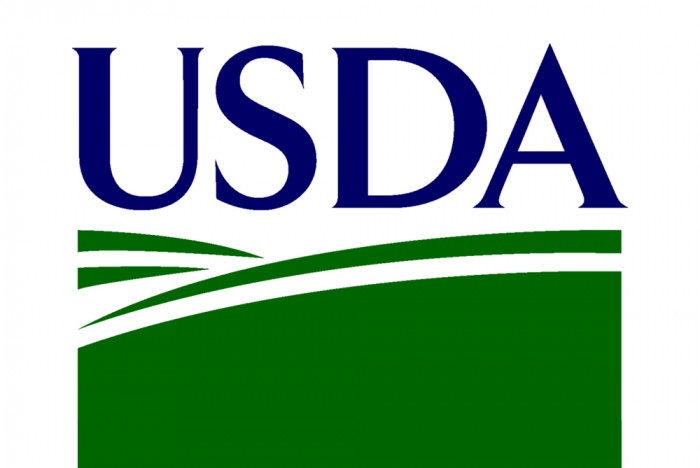On Tuesday, State Health Secretary Dr. Rachel Levine announced additional “targeted efforts” to slow the spread of COVID-19. However, most of the “efforts”, the department acknowledged, still come down to people choosing to do what the department is telling them to do.
Acute care hospitals were sent a memo from Levine outlining expectations to care for Pennsylvanians who need care. However, those expectations seem to be no different from those under which the state’s health care systems have been operating since the spring.
Anyone who visits from another state or returns to Pennsylvania from another state is required to have a negative COVID-19 test within 72 hours prior to entering the state. If they can’t or won’t get a test, they are required to quarantine for 14 days upon arrival in Pennsylvania, which is an upgrade from the recommendation put in place in early July that these actions be taken if traveling from or returning from states with a high number of virus cases. Still, Levine noted that it is mostly up to the individual to self-quarantine since the state can’t stop every person at the border to demand a test report and then watch each individual who should be under quarantine for 14 days.
Dr. Levine also announced a “strengthened” masking requirement – Pennsylvania already has a mask-wearing mandate – that now includes masking indoors when away from home and even masking in your own home if there are people present who are not members of your household. This mandate is recommended regardless of social distancing (being six feet apart). This is an order that is, again, only as good as the voluntary compliance of individuals.
Finally, Dr. Levine recommended that colleges and universities implement a testing plan for when students return to campus following the holidays.
“We must remain united in stopping COVID-19,” said Dr. Levine, who later, when asked about the possibility of more stringent mitigation efforts, said she can’t predict the future, but there are currently no plans to go back to the closures of the spring.
Source: Capitolwire.com, November 18, 2020
















